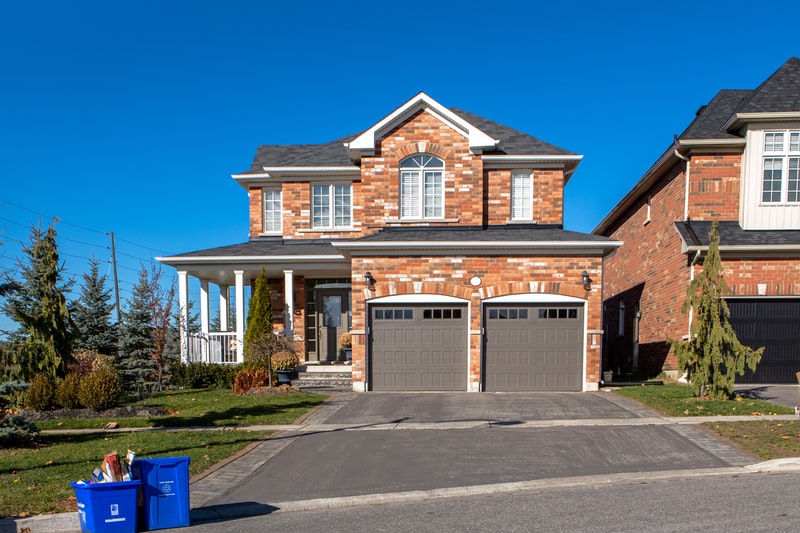Like every recurring trend, brick homes are back in style. Homeowners are knocking down drywall to uncover the beautiful, rustic masonry that lies beneath. Luckily, the brick in your home’s interior is more protected than your home’s exterior stonework. Even though exterior brick can be magnificent, fixing any problems can be more costly than siding panels or wooden exterior. Here are some things to keep in mind to preserve your beautiful brickwork and to save money at the same time.
A Proper Inspection
Not all, but some people believe that bricks and stonework are near impervious from harm over the years: this is not the case. Bricks, like any masonry, can be subject to erosion, chipping, and degradation as time goes on. It’s important to inspect your home’s bricks every few months or to schedule a brick repair professional inspection. If a small problem is left unattended, it can grow into an expensive problem (falling bricks and degraded mortar for example) where a junk removal service might be necessary. The best way to prevent a problem —and to save money — is to catch any problems as early as possible.
Chimney Crown
Like an exterior wall, your home’s chimney is made of bricks and held together with mortar in between them all; however, the chimney crown (the topmost part of the chimney that prevents water from entering) is sometimes made from leftover mortar or concrete. This area of the chimney can be more susceptible to damage than the base chimney. Installing a chimney crown made from concrete or a similar, quality material will save money down the road. As mentioned before, inspecting the chimney crown for problems will help keep your wallet nice and full.
Preventing Water Damage
Water is probably the most harmful element to bricks because of erosion (look at what water can do to the Grand Canyon). If excess water or rain is allowed to maintain contact with your exterior bricks, the process at which they degrade will be sped up drastically. Luckily, there are ways to prevent this. Make sure that your gutters and drainage system work properly and are always clutter-free. If water pools around your home’s foundation, consider regrading the ground so water flows downhill — your foundation will also thank you. Lastly, if you power wash your home regularly, you might want to dial down the number of times you do. The pressure from the stream acts like a concentrated storm that will strip your bricks and mortar if applied too often.
If the damage is already done to your bricks or you need more information, contact the brick repair professionals of Brickworks at http://chimneyrepairdetroitmi.com today.


